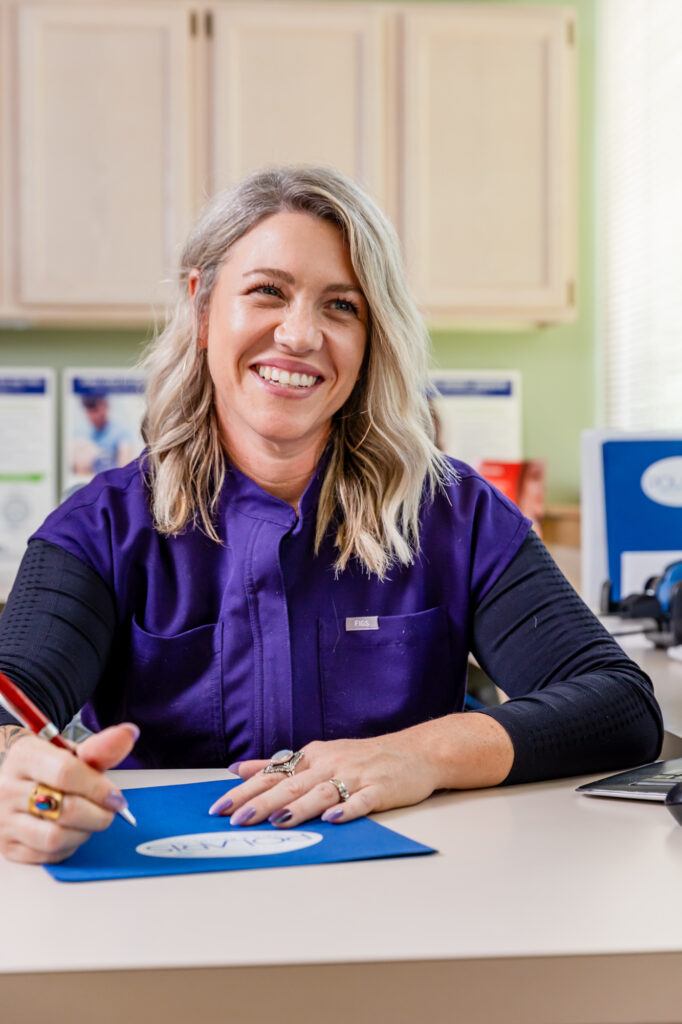
Now is the best time to get rid of your varicose and spider veins
As spring slowly approaches, it will soon be time to rotate our closets and drawers again, bringing shorts, skirts, and summer dresses back up to the front of the line. While shorter hemlines keep us cooler in hot weather, they also expose our legs. If you have spider veins, you may have already experienced the embarrassment of people asking about the lines or “bruises” on your legs. If your symptoms are more severe, you may also have the itching, swelling, pain, numbness or cramping that can accompany varicose veins. At Columbus Vein Center, we think the best time to make a positive change in your health and your appearance is now.
When is the best time to treat varicose veins?
The days of invasive and painful varicose vein treatments are gone. Modern technological advancements in varicose and spider vein treatments have never been better, and most procedures are completed on an outpatient basis in an hour or two. While these treatments can be done any time of the year, there is a relatively brief recovery period. Depending on the procedure, it may make sense to receive vein treatments in the fall or winter so your legs look great by the time the temperatures rise.
How long is the recovery time after a vein treatment?
Even though patients are encouraged to resume normal daily activities after a vein treatment, there may be a few restrictions. Depending on your treatment, your doctor may request that you temporarily wear compression stockings to improve healing, maintain blood flow and reduce swelling. Hot baths, pools, saunas and hot tubs should be avoided for at least two weeks following treatment, and sunblock should be applied to the treated areas to protect against direct sunlight.
Can I treat varicose veins on my own?
There are plenty of products on the market claiming to have healing powers that “cure” varicose and spider veins, such as topical treatments like ointments and creams or vitamin supplements. While some of these products may provide short-term relief from symptoms like itching and swelling, they simply cannot treat the underlying problems. The bottom line is the following: varicose veins don’t heal on their own, they require medical treatment to restore circulation to normal.
Untreated varicose vein complications
Varicose veins are not only a cosmetic concern, and if left untreated they can lead to complications which are very real health concerns. Severe varicose veins can lead to serious complications like painful thrombophlebitis, which is a type of blood clot in the leg, or venous dermatitis, which can lead to ulcers and infection. Complications like these can be prevented, so it makes sense to go to the doctor and have an exam.
How to make sure your vein treatments are a success
Choosing the right vein specialist is the first step in making sure you receive the best outcome possible from your varicose and spider vein treatments. Here are three ways to help you understand why.
Examination: Beginning with the initial assessment, your vein doctor should perform a meticulous examination of the underlying problems using a Duplex Ultrasound to precisely and correctly map the blood flow in your veins. This test is imperative as it provides vital information to help your doctor make a sound diagnosis and outline a treatment plan.
Experience: It’s best to choose a doctor with many years of training in the field of varicose vein disease and who stays current with the latest advancements in treatment and technology. The doctors at Columbus Vein Center are certified by the American Board of Radiology, and have additional qualifications in Vascular and Interventional Radiology.
Execution: Today, there are safer and more effective alternatives to treating varicose and spider veins than “stripping” them. Endovenous Laser Treatment (EVLT) uses a small laser fiber, inserted into the varicose vein, to direct laser energy into the vein and cause the vein walls to shrink and collapse. VNUS ClosureFast uses a small catheter, inserted into the varicose vein, to direct radiofrequency energy into the vein and cause it to close. VenaSeal™ Closure uses a medical adhesive to close the varicose vein. These are only a few examples of varicose vein treatment options. Your doctor will recommend the procedure that’s best for you.
When to be concerned about varicose veins
In a previous blog article, we discussed when you should be concerned about varicose veins. Not all varicose veins require medical treatment, but the only way to know for sure is to speak with a vein specialist. At Columbus Vein Center, we perform high-tech ultrasound examinations to determine if the veins in your legs are defective. Then, we explain your options and recommend the best treatment procedure.
A vein physicians’s priorities are a patient’s safety and long-term health. Contact Columbus Vein Center today to schedule your initial consultation.
